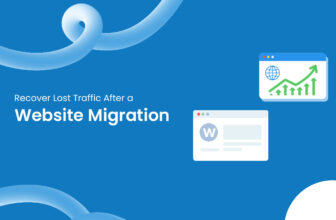
Launching a software company is an exciting venture that offers high-profit potential, creative freedom, and scalability. However, it also comes with challenges such as market competition, financial risks, and development complexities. Before you dive into starting a software business, it’s essential to weigh the pros and cons to make an informed decision.
Pros of Starting a Software Company
1. High Scalability and Profit Potential
Unlike traditional businesses, software products can be sold infinitely without significant production costs. Whether it’s SaaS (Software-as-a-Service), mobile apps, or enterprise solutions, software companies can generate recurring revenue through subscriptions, licenses, or cloud-based models.
2. Low Operational Costs
Once a software product is developed, maintenance costs are relatively low compared to manufacturing or retail businesses. Many software companies operate remotely, reducing overhead costs such as office space and infrastructure.
3. Unlimited Market Demand
The need for software solutions continues to grow across industries, including finance, healthcare, e-commerce, and education. Businesses are constantly looking for automation, cybersecurity, and digital transformation solutions, creating endless opportunities for software entrepreneurs.
4. Creative Control and Innovation
As a software business owner, you have the freedom to innovate and create solutions that align with your vision. You’re not limited by corporate structures and can work on projects that truly excite you.
5. Flexible Work Environment
Many software businesses are remote-friendly, allowing founders and employees to work from anywhere. This provides greater work-life balance and access to a global talent pool.
Cons of Starting a Software Company
1. High Initial Development Costs
While operational costs are low, software development requires a significant upfront investment in programming, design, and testing. If you lack technical expertise, hiring developers or outsourcing can be expensive.
2. Fierce Competition
The software industry is highly competitive, with established giants and startups fighting for market share. Without a unique value proposition, breaking into the market can be challenging.
3. Long Development and Testing Cycles
Creating a functional and bug-free software product takes time. Many startups underestimate development timelines, leading to delays, budget overruns, and missed opportunities.
4. Constant Updates and Security Challenges
Technology evolves rapidly, requiring continuous updates and security patches to keep software competitive and protected from cyber threats.
5. Customer Acquisition and Retention
Building a great product is only half the battle; attracting and retaining customers is another challenge. Strong marketing, SEO, and sales strategies are crucial to gaining a loyal user base.
Conclusion
Starting a software business has numerous advantages, including scalability, flexibility, and innovation opportunities. However, it also comes with risks such as high competition, development costs, and ongoing maintenance challenges.
If you’re considering launching a software company, check out starting a software business for a step-by-step guide on how to succeed in the industry.







